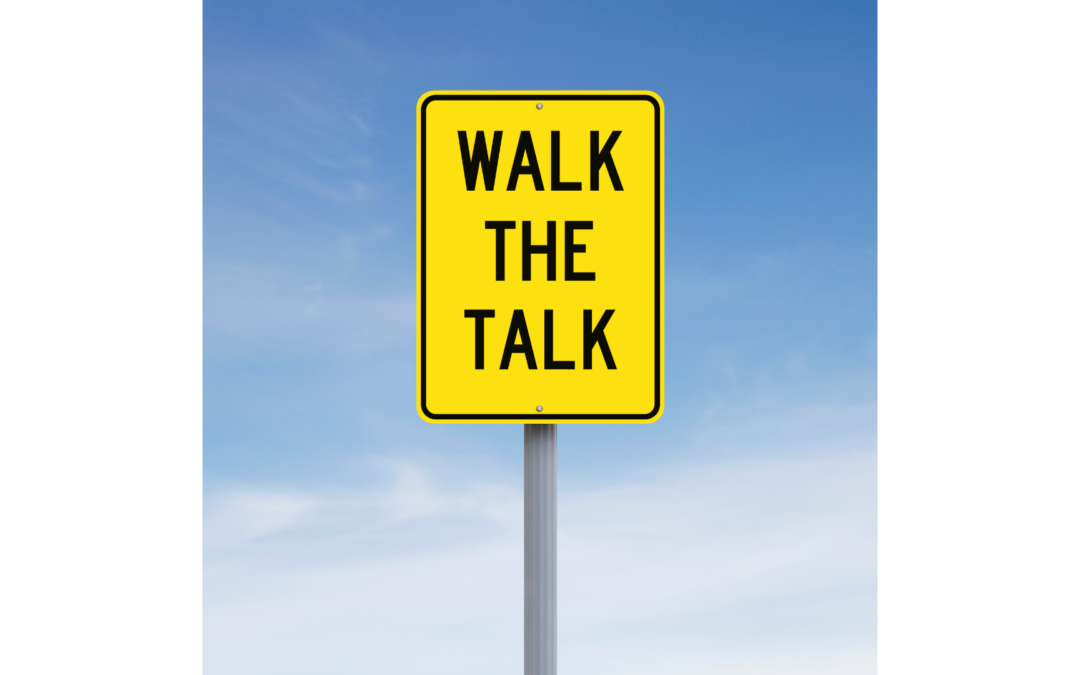We’ve all had at least one salesperson call us about life insurance. It is the product that just about everyone needs but no one wants to buy. I happen to love life insurance. When I initially started coaching, one of my first clients sold insurance, and I saw the power of what life insurance can do for people who lose a loved one.
If a spouse dies and leaves behind a young family, life insurance can offer comfort and peace of mind. During a time of tragedy, knowing your financial future is secure is important—and life changing.
But this blog is not about life insurance. Not really.
Whenever someone called on me about life insurance, the first question I asked that person was this: “So how much life insurance do you own?” Some said none; some quoted an incredible amount. These answers made a big impression on me.
I think we are all more inclined to believe someone when we know they’re using/investing in the product or service they are offering/selling. We are all more willing to listen and participate when they are walking their talk.
Not long ago, I called on an executive to talk about executive coaching. He listened reluctantly as we talked about his leadership abilities. Then, with a sudden, big grin on his face, he asked me, “So, who’s your coach?” He waited eagerly for my response, but he did not have to wait long.
I quickly replied, “Which one?”
I told him that I had an executive coach whom I have worked with for the last 20 years. I also have a Presbyterian minister and a Catholic deacon who provide me with spiritual direction and accountability. Plus, I work with a yoga instructor.
His grin vanished. This was not the answer he expected, but his point was well taken. I am amazed how many people in my industry do not have a coach of their own. My take is this: I believe in the accountability model so much, how could I not have a coach? I am modeling what I do. I am walking my talk.
I didn’t want to distract from our conversation that day, but I also meet regularly with a highly successful executive coach, a retired VP of sales and a former financial-services company owner. All these people provide me with guidance and accountability. And that is important. As a coach, I can see others’ blind spots, but it is hard to see—and acknowledge and address—my own.
Now, I know if your company repairs industrial furnaces, it is hard to be a purchaser of your own services, but there still are plenty of areas for accountability. Maybe you’re a candidate for an executive coach or a fitness coach or a nutritional coach. Maybe a spiritual advisor would be helpful. Perhaps you would benefit from a marriage enrichment coach. The list goes on and on.
As we start the new year, take a good look at your life and see where things could improve. Remember, there is an outside resource for just about everything. And they do not all cost money. Your pastor at your church or synagogue might be willing to meet with you at no charge. Or a retired executive might be up for a recurring chat over coffee.
None of us is perfect. But actively working to improve our lives—in and outside the office—is how we all do what we do better.

Recent Comments